What is AWS DevOps
Last updated on Jan 22, 2024
What is AWS DevOps - Table of Content
- What is DevOps?
- What is AWS?
- AWS DevOps Architecture
- AWS Certified DevOps Engineers
- Tools in AWS DevOps
- Advantages of AWS DevOps
- AWS DevOps Professional Certification
- Conclusion
What is DevOps?
DevOps combines development and operations. It entails a set of processes, philosophies, technologies,and resources that enable businesses to rapidly enhance their ability to provide services and applications with better products. Previously, conventional infrastructure management and software development approach made achieving this velocity difficult. DevOps brings the two divisions together to provide consumers with a more open, reliable, and timely software delivery experience.
DevOps Engineers are System Administrators with programming expertise that work in organizations. They are responsible for organizing the following tasks:
- Planning for applications and infrastructure
- Creating and managing CI/CD pipelines
- Monitoring development security.
- Development process automation.
Become a Devops Certified professional by learning this HKR AWS Devops Training !
What is AWS?
Cloud Computing has increased in popularity over time,and there is now a slew of cloud providers to choose from, including Microsoft Azure, Google Cloud, Amazon AWS, IBM Cloud Services, and others. AWS,or Amazon Web Services, is a cloud infrastructure created by Amazon, one of the world's most well-known companies. It provides a variety of services and products that aid in data storage, access, and editing, as well as other related functions.AWS and other cloud services make it simple to securely archive vast amounts of business data remotely rather than in physical locations, saving money and space.
Take your career to next level in AWS with HKR. Enroll now to get Aws Online Training
What is AWS DevOps?
AWS DevOps is a technology designed to help businesses execute DevOps principles using the different services, applications, and software provided by this cloud platform. AWS provides a variety of offerings that are scalable and built to help companies build and deliver products more efficiently and quickly using AWS and DevOps.AWS DevOps simplifies a variety of enterprise activities, including testing programs, managing resources, automating product delivery, and distributing program code, among others.
This technology enables enterprises to execute operations such as continuous integration and continuous delivery (CI/CD), allowing them to store source code for software and track their versions when creating, installing, and evaluating them automatically on AWS or on-premises.
As previously said, AWS DevOps is a branch of Cloud Computing, and Cloud Computing is divided into three parts:
- Platform as a Service (PaaS)
- Software as a Service (SaaS)
- Infrastructure as a Service (IaaS)
AWS DevOps Architecture
Understanding the design of AWS DevOps is critical to gaining a thorough understanding of the service. We will try to break down all of the elements of AWS DevOps now so you can get a better understanding of how each technology is used.
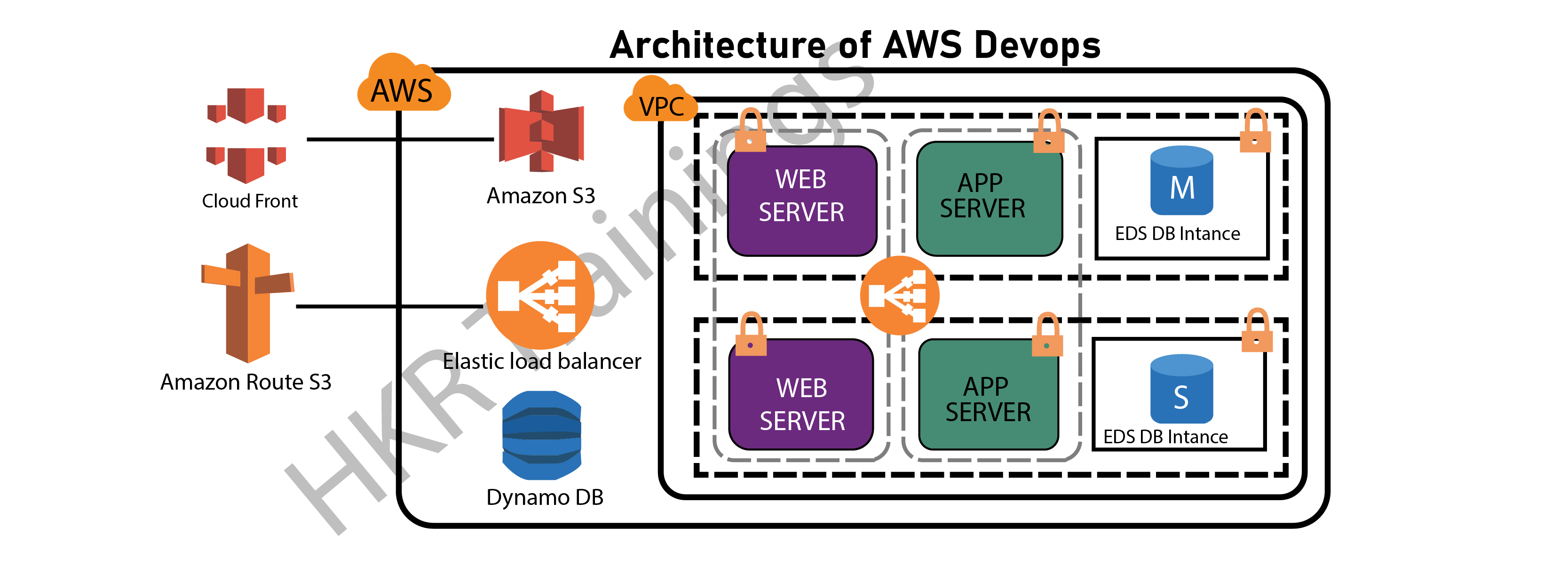
Load Balancing
It's a virtual network appliance that lets businesses spread Amazon Elastic Compute Cloud (EC2) traffic across many web server services that can be scaled up or down depending on demand. Elastic Load Balancing from Amazon Web Services will help automate this operation.
Amazon Security Group
Safety has become a top concern due to the exponential rise in the theft of corporate data and other classified and personal information. Amazon protection groups serve as a network firewall to secure an organization’s information. To obtain access to EC2, users must define the appropriate authorized ports, protocols, source IP ranges, and so on. All users can assign multiple protection groups to a single EC2 instance, and each of them can then send approved traffic to the appropriate instances.
Amazon CloudFront
It serves up dynamic, static, and streaming websites as well as other content. It can be used with other cloud systems with ease, and it can be designed to work with other AWS components as well.
ElastiCache
It aids in the use of the cloud's memory cache. This web service caches commonly used data, helping businesses to reduce service stress and improve scalability and efficiency.
Amazon’s Simple Storage Service (S3)
AWS S3 is an Amazon service that helps professionals to view, back up, and store web application properties such as records. Amazon S3 provides an immersive and user-friendly user interface for managing vast amounts of data over the Internet as required. You can store the data as objects in buckets, which you can then open, change, read, and update as required.
Amazon Relational Database Services (RDS)
This Amazon program streamlines many aspects of a cloud-based relational database, including configuration, scalability, and operations. This service aids in the management of database operations and procedures on a regular basis. It also provides approaches for dealing with RDS that are both cost-effective and flexible. RDS currently supports a variety of databases, including Microsoft SQL Server, Oracle, MariaDB, Amazon Aurora, and others.
Amazon Elastic Block Store (EBS)
Users can handle device logging and storage partitions for it. It also provides long-term sustainability and fast access. For file systems, files, and other applications that need access to raw and unformatted updates, EBS volumes are the safest choice when dealing with primary storage.
Amazon Auto-scaling
AWS Auto-scaling creates server classes that consumers can shrink or extend depending on demand and requirements.
Become a Devops Certified professional by learning this HKR AWS Devops Training in Marathahali!

AWS Devops Certification Training
- Master Your Craft
- Lifetime LMS & Faculty Access
- 24/7 online expert support
- Real-world & Project Based Learning
AWS Certified DevOps Engineers
You will have a variety of tasks and responsibilities as an AWS Certified DevOps Engineer in an organization, some of which are stated below:
- Deploy, automate, administer, and operate an Amazon Web Services (AWS) cloud-based infrastructure.
- Ensure AWS production systems' efficiency, scalability, availability, and security.
- Handle the systems' development, deployment, and configuration.
- Analyze the new technology and vendor products as alternatives.
- Perform device troubleshooting and problem-solving through a variety of platforms and applications.
These are only a few of the many job roles played by an AWS DevOps Engineer in a business.
Tools in AWS DevOps
AWS DevOps offers a collection of tools to aid in the development of applications in the cloud. Let's look at some of the most common and widely deployed AWS DevOps services.
AWS CodeStar
AWS CodeStar is a great method for integrating DevOps on the Amazon Web Services platform. It has a user-friendly and collaborative interface that makes it simple for users to build and deploy applications on AWS. Furthermore, it enables users to set up the entire continuous delivery toolchain in a matter of minutes. If you want to keep your attention on running applications on AWS, this is the best tool since it manages the entire life cycle of a software product in one place

AWS CodePipeline
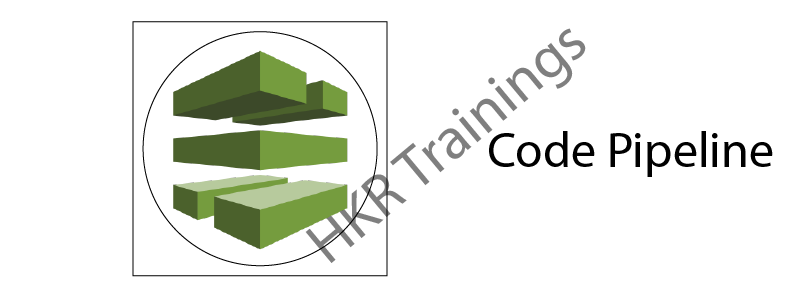
AWS CodeBuild
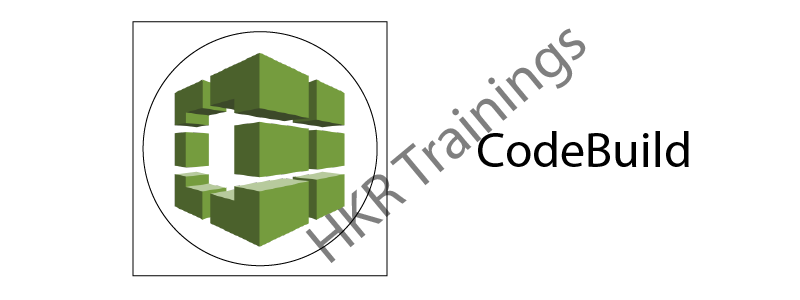
AWS CodeDeploy
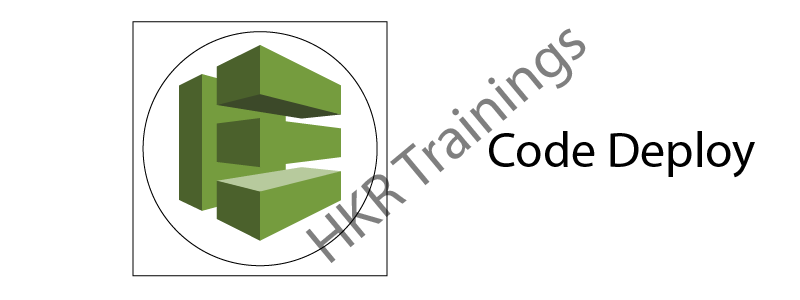
AWS Cloud Development Kit
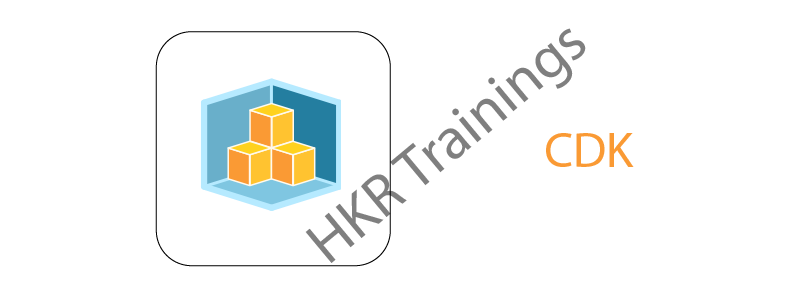
Popular Use Cases and Best Practises of AWS DevOps
The most common use cases and best practices for AWS DevOps in organizations will now be discussed.
Infrastructure Automation
This helps to provide high-quality code by checking it at regular intervals automatically.
CI/CD
DevOps is built on the basis of CI/CD pipelines. Continuous integration, or CI, aids in the creation and continuous validation of business projects by making frequent changes to the code and upgrading it.Continuous delivery (CD), on the other hand, propels CI forward by assisting in the automated deployment of code in the production area.
Infrastructure as a Code
This enables organizations to handle AWS cloud resources using human-readable and machine-readable template files. The AWS CloudFormation tool is the most useful tool for AWS cloud developers.
Collaboration and Communication
All of an organization's divisions should be on board with innovative ideas for the project at hand and they must be well-informed. Furthermore, there should be a forum where people will exchange useful suggestions that will aid in the project's progress.
Logging and Monitoring
All machine operations must be recorded and tracked to ensure that incidents occur at the appropriate times and that any errors are corrected promptly.
Want to know more about Devops,visit here AWS Devops Tutorial !

Subscribe to our YouTube channel to get new updates..!
Comparison of Azure DevOps and AWS DevOps
The product creation life cycle is automated in both Azure and AWS. Let's look at how AWS DevOps and Azure DevOps vary from each other.
AWS DevOps
Infrastructure
AWS approaches have already been ahead of the curve in terms of resources in the creativity graph, and they provide robust storage and compute services.
Service Integration
It helps users to combine and use a range of AWS utilities, including S3, EC2, and Beanstalk.
Best Feature
AWS DevOps uses AWS Services to automate the whole code deployment process.
Azure DevOps
Infrastructure
Azure began as a PaaS, allowing professionals to build applications without having to think about the servers they were running on.
Service Integration
It provides SQL databases, Azure App Servers, Azure VM, and other services, as well as facilitating the SDLC process through Jenkins and other software.
Best Feature
Kanban workflows, boards, and a massive extension ecosystem are all part of Azure DevOps.
Advantages of AWS DevOps
Now, you will come across some of the advantages of using AWS for DevOps.
Easy to Work with
Companies must have an AWS account in order to access AWS facilities.Furthermore,they must update the app in order to access the appropriate facilities. The modular design of AWS enables the organization's DevOps department to operate on many instances with ease. This unique DevOps feature helps companies to quickly disperse resources for software and cloud programs. AWS also assists them with correctly allocating money and has an immersive user interface.
Facilitates Collaboration
DevOps is a collection of services that helps to make coordination and teamwork between a company's different departments easier. DevOps is a collection of services that helps to make coordination and teamwork between a company's different departments easier. AWS resources such as access and identity management allow DevOps team members to define the extent of access, permissions, and policies for various project stakeholders. AWS also allows developers to view and share DevOps progress in real-time over a protected network.
Process Automation
One of the most important functions of a DevOps specialist is to automate complex activities, which AWS CodeDeploy can assist with. This Amazon Web Services (AWS) solution enables businesses to simplify a variety of manual processes, such as rollout and testing. AWS Management Console and AWS Command Line Interface (CLI) both assist in handling and automating a variety of operations, as well as providing reports on achieving the desired outcomes. Furthermore, AWS eliminates the need for businesses to set up and install hardware because it is handled automatically.
Top 30 frequently asked AWS Devops Interview Questions !
What is the best way to get started with AWS DevOps?
If you'd like to learn AWS DevOps and work in this area, you must first complete the following steps:
- Learn AWS and DevOps services.
- Understand the main AWS and DevOps concepts.
- Learn how to use the different AWS DevOps software and technology.
- Get hands-on experience in this field through projects.
- Enroll in the most effective course and clear the test. Professional-level AWS Certified DevOps Engineer.
HKR Trainings has one of the most comprehensive online AWS DevOps Certifications available. With the aid of this training program, you will become a professional expert in this lucrative area. You'll also get hands-on exposure by working on industry-related programs. You'll also master all of the fundamental and specialized skills that can help you find a lucrative career in the field. You can also earn an industry-recognized course completion certificate upon completion of the course, which will add a lot of credibility to your resume when applying for work.
AWS DevOps Professional Certification
You learned everything there is to know about AWS, DevOps, AWS DevOps, how to become an expert in it, the design of this technology, the software and resources, best practices, advantages, the discrepancies between AWS DevOps and Azure DevOps, and more in this AWS DevOps tutorial blog. If you are interested in this technology and want to try a promising career in it, you can enroll in the right course as soon as possible.
Conclusion
Technology organizations should adopt AWS DevOps standards and activities to make the transition to the cloud as seamless, reliable, and profitable as possible. The AWS DevOps Foundation is built on these ideas. They are, in fact, at the center of a number of AWS services, especially those related to deployment and monitoring. Your AWS DevOps values will add versatility to your company and IT organisation, as well as speed up your path to the cloud, with AWS as your partner.
Related Articles:
About Author
A technical lead content writer in HKR Trainings with an expertise in delivering content on the market demanding technologies like Networking, Storage & Virtualization,Cyber Security & SIEM Tools, Server Administration, Operating System & Administration, IAM Tools, Cloud Computing, etc. She does a great job in creating wonderful content for the users and always keeps updated with the latest trends in the market. To know more information connect her on Linkedin, Twitter, and Facebook.
Upcoming AWS Devops Certification Training Online classes
| Batch starts on 25th Feb 2026 |
|
||
| Batch starts on 1st Mar 2026 |
|
||
| Batch starts on 5th Mar 2026 |
|


